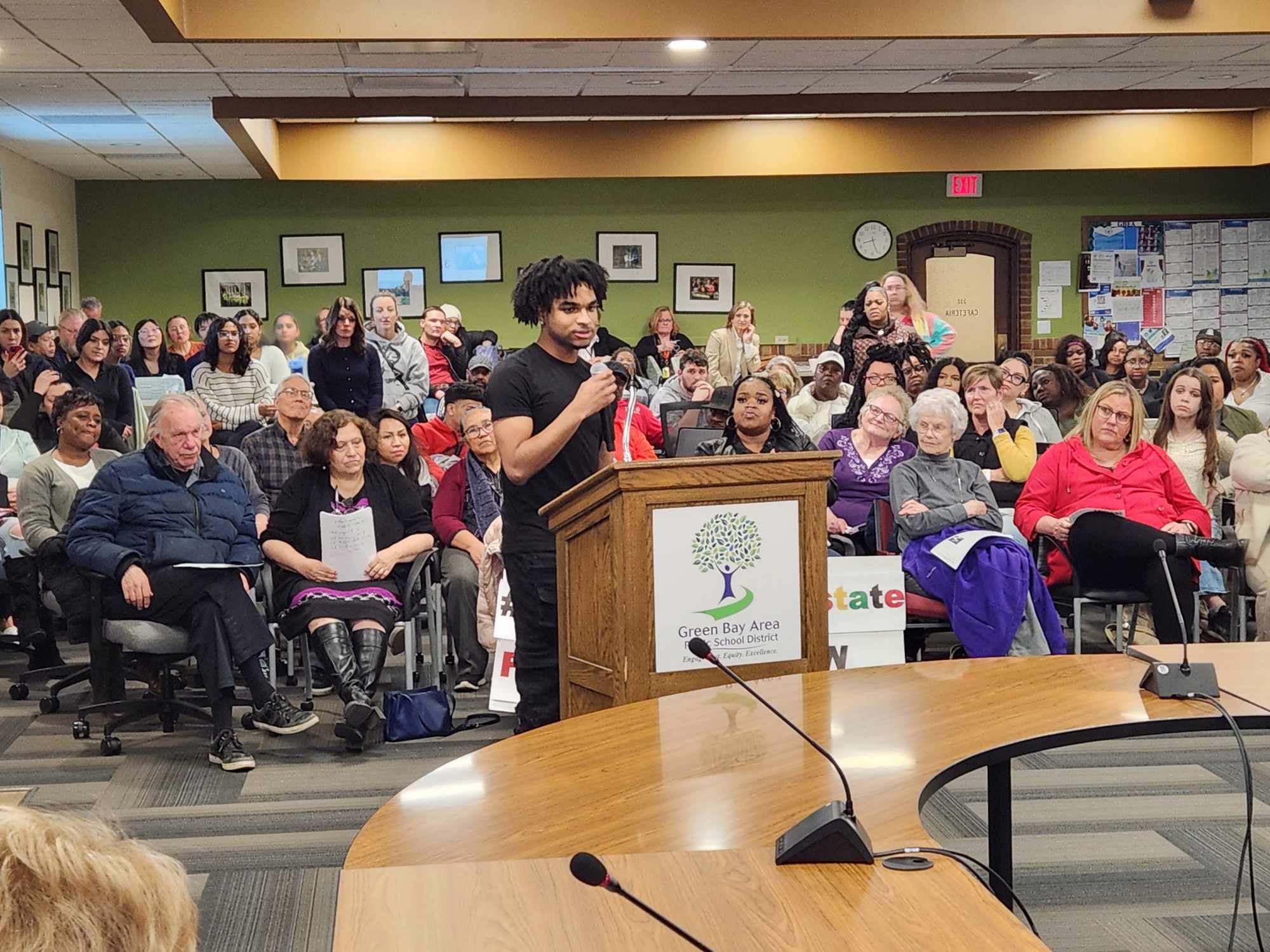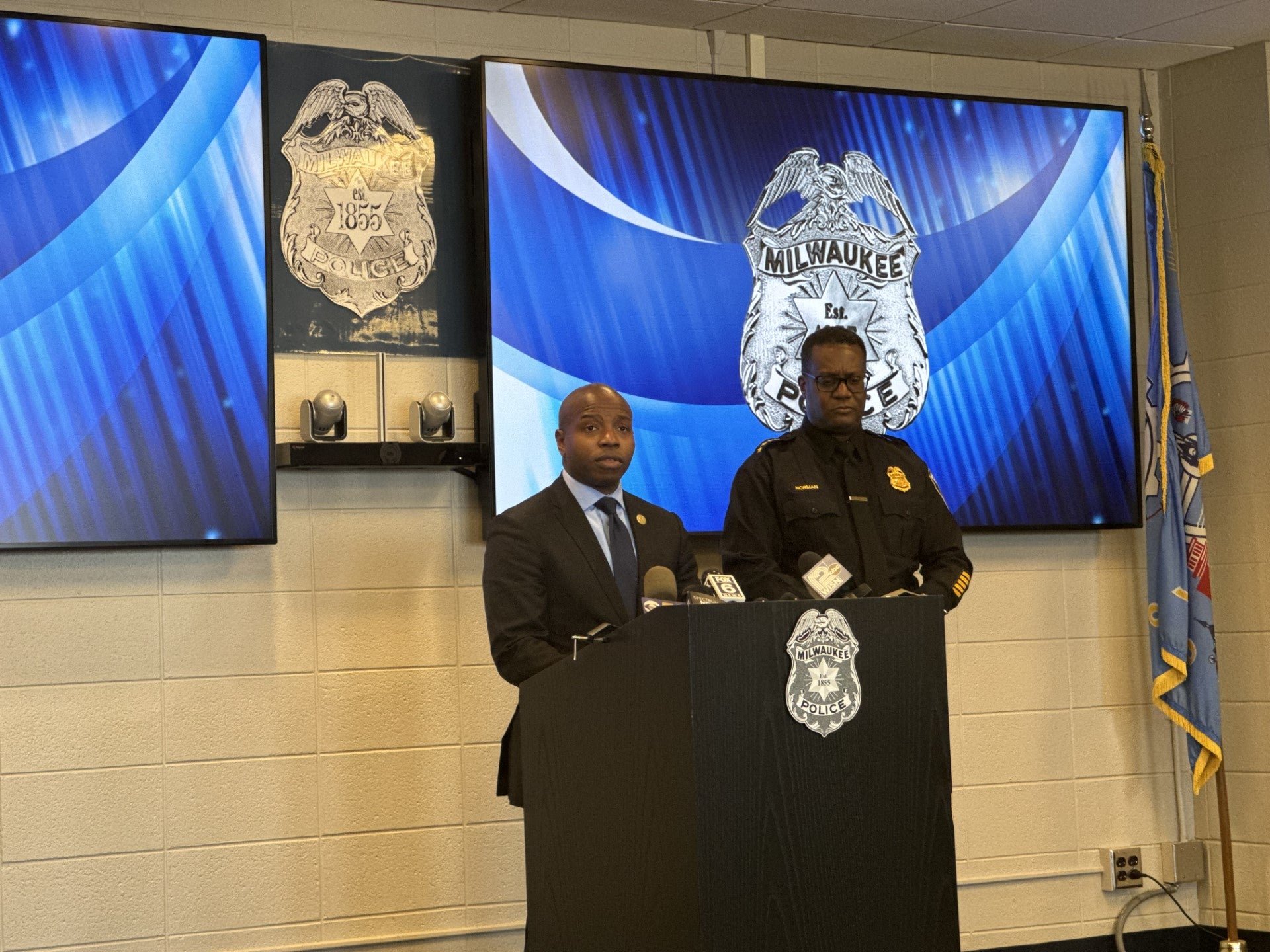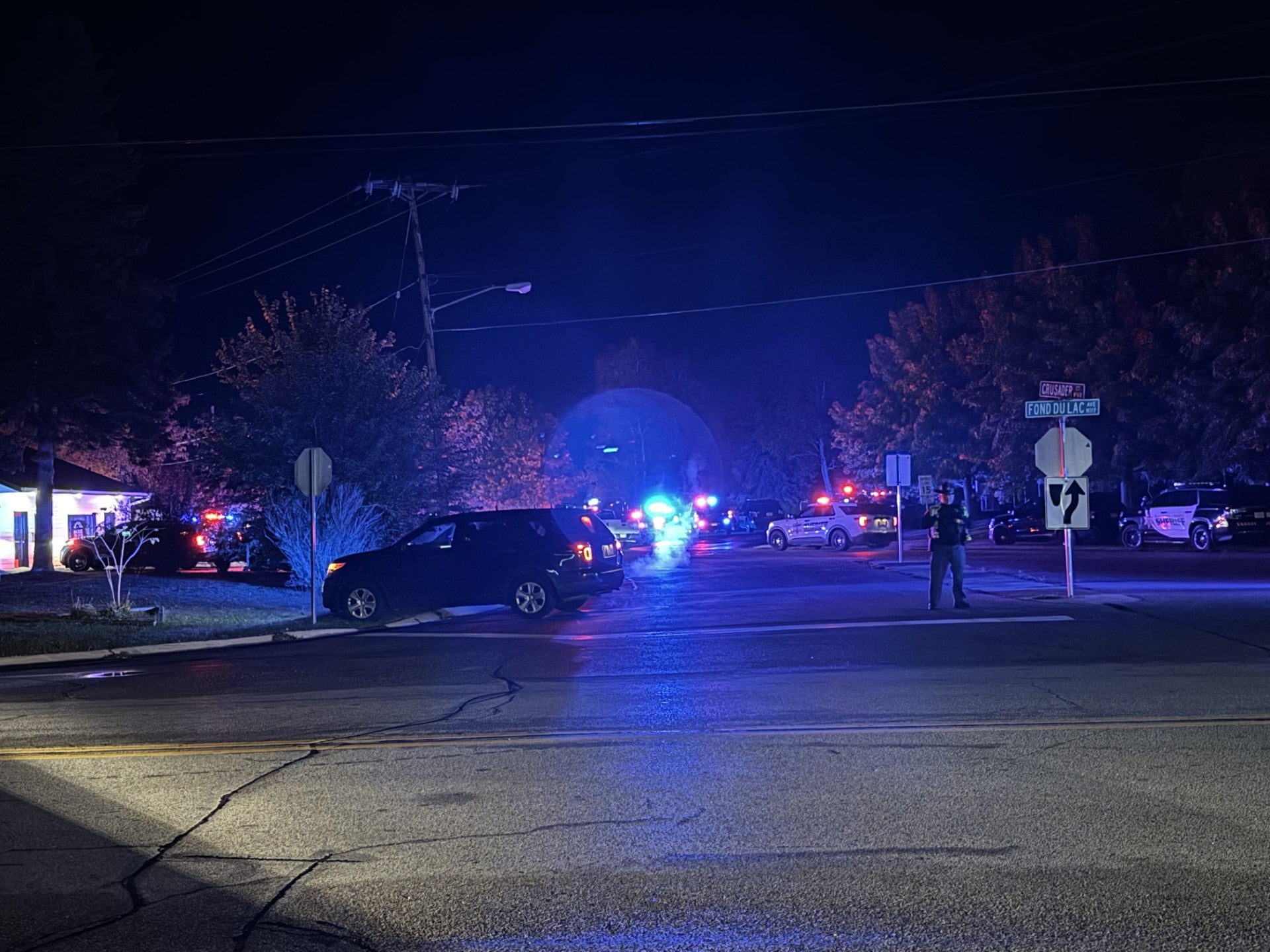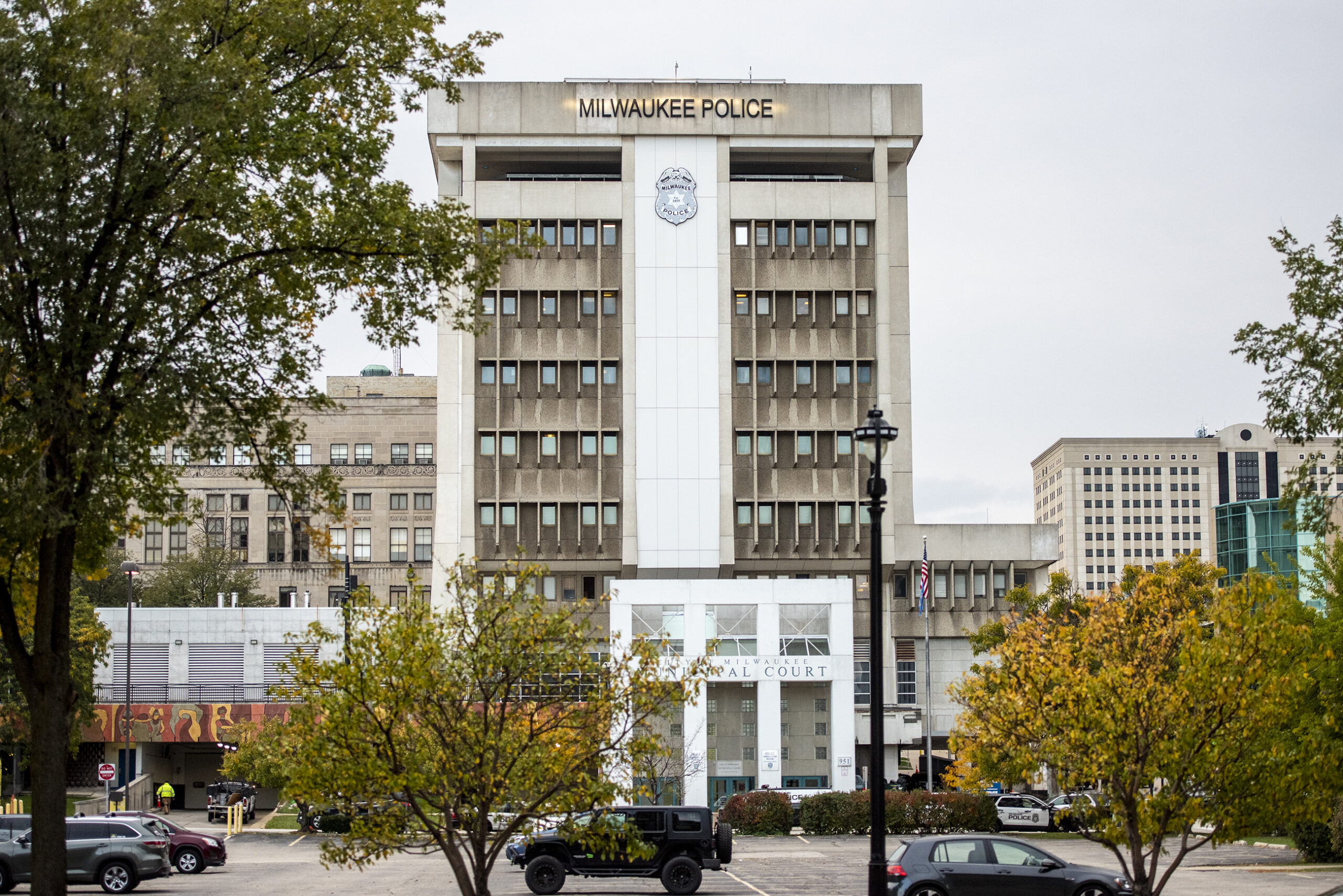The Department of Justice recently announced a national effort to build trust between law enforcement and the communities they serve. We learn about this initiative. We also speak with a reporter from The Wisconsin Center for Investigative Journalism about the influence of the Tavern League on Wisconsin’s Drunk Driving laws. And we look at how the DOT’s new rate hike propsal will affect consumers, the state’s road infrastructure and the environment.
Featured in this Show
-
New Effort Aims To Ease Tensions Between Police, Racial Minorities
Recent events in Ferguson, Missouri, along with severe racial disparities in the U.S. criminal justice system have strained relations between police and communities of racial minorities. Now, a new federal effort is trying to help overcome those tensions.
Earlier this fall, the U.S. Justice Department announced a $475 million grant launching the National Initiative for Building Community Trust and Justice. The initiative aims to combat distrust and hostility between law enforcement and the communities they serve.
Attorney General Eric Holder said the initiative is a reflection of his department’s priorities and an answer to President Barack Obama’s call for action following the shooting death of Trayvon Martin. He said the events in Ferguson reminded us that we cannot allow tensions, which are present in so many neighborhoods across America, to go unresolved.
“As law enforcement leaders, each of us has an essential obligation — and a unique opportunity — to ensure fairness, eliminate bias, and build community engagement,” Holder said.
David Kennedy, director at the Center for Crime Prevention at John Jay College of Criminal Justice in New York City and the director of the new initiative, said it’s no secret that Ferguson has highlighted the fact that all over the country there are broken and toxic relationships between police and angry, disenfranchised communities.
“The moment that Ferguson has created is important, scary, and tragic of course,” Kennedy said. “The only good thing about it is that it has focused the nation on this issue and thereby created a real opportunity.”
Kennedy said the Justice Department put together a careful plan in which it identified three fronts that could lead to improvements in the relationship between police and racial minorities. The initiative will create a substantial investment in training, evidence-based strategies, and policy development and research.
Traveling around the country, the one thing Kennedy said he hears more than anything is that people feel Ferguson could happen in their neighborhood, and they’re petrified by that realization. He believes both sides are ready to come together.
“They’re tired of the old conversations that haven’t gotten us anywhere,” Kennedy said. “There is a remarkable willingness I find among most of the people on both sides to find a new way out of this.”
-
DOT Proposes $750 Million In Rate Hikes To Pay For Roads
The Department of Transportation on Friday proposed rate hikes to raise more than $750 million dollars to fund road infrastructure projects. What does this mean for the state’s roads, for consumers and for the environment?
-
No Drunk Driving Legislation Here
Virtually every bill addressing drunk driving during the past legislative season failed. The Wisconsin Center for Investigative Journalism takes a look at the influence of the Tavern League.
-
Building Trust Between Minorities And Police
Relations between police and minority communities have always been strained, at best. And with recent unrest in Ferguson, Missouri, along with severe racial disparities in the United States criminal justice system, old wounds are being reopened. A new national initiative aims to rebuild trust between minorities and the criminal justice system by reducing implicit bias, facilitating racial reconciliation, and other measures. The director of the initiative explains.
Episode Credits
- Cynthia Schuster Host
- Rob Ferrett Host
- Rob Ferrett Producer
- Marika Suval Producer
- Galen Druke Producer
- David Kennedy Guest
- Patrick Marley Guest
- Bill Lueders Guest
Wisconsin Public Radio, © Copyright 2024, Board of Regents of the University of Wisconsin System and Wisconsin Educational Communications Board.





